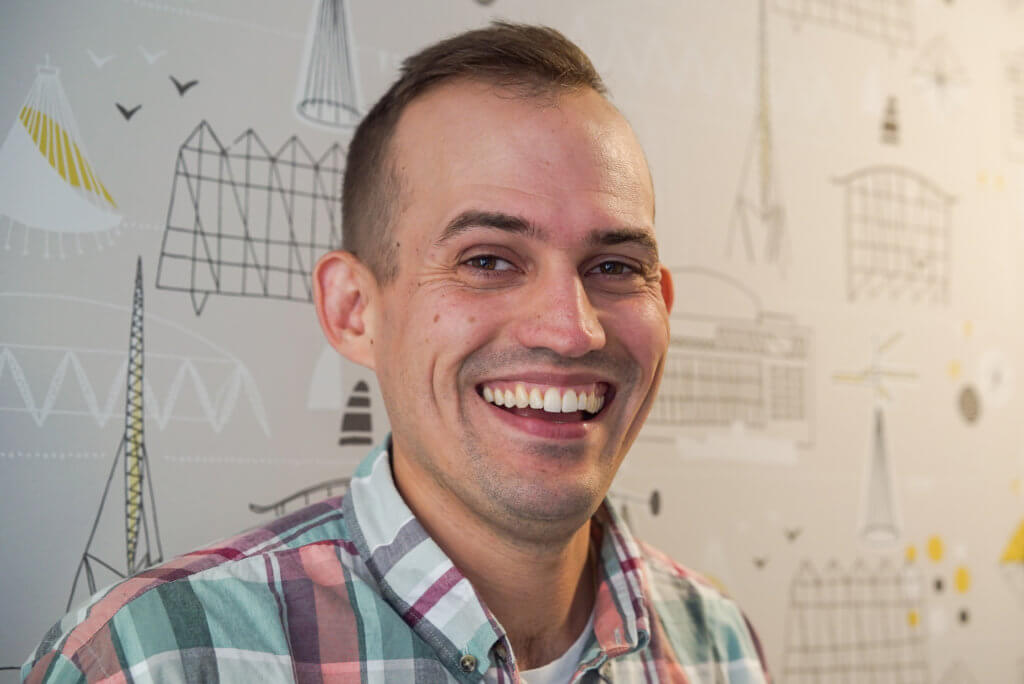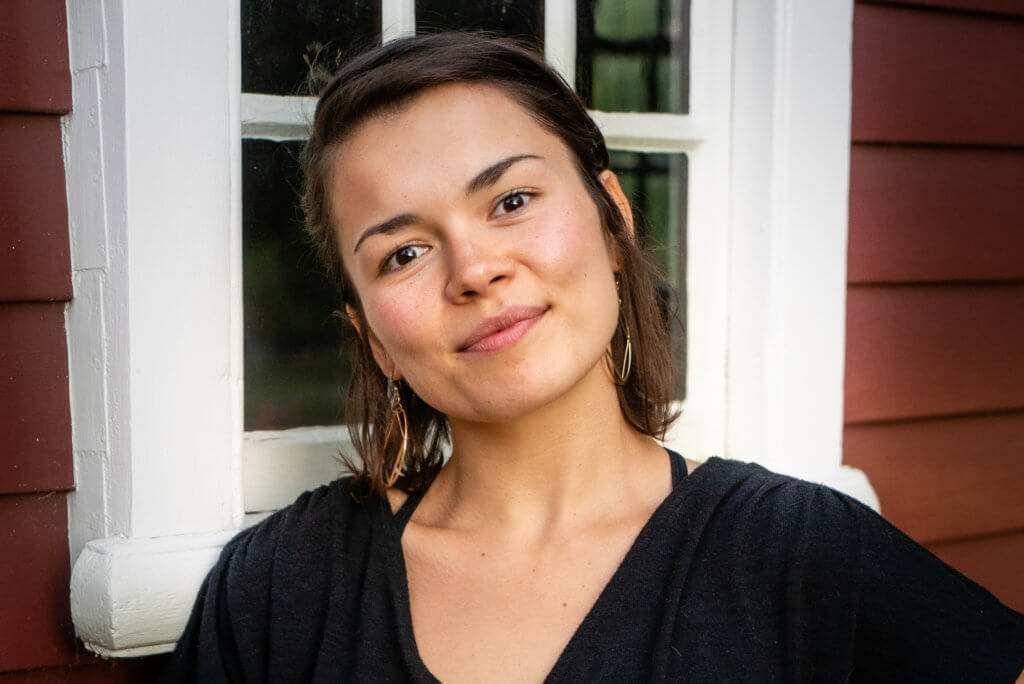Episode
Highlights
Becoming a journalist
“I became a journalist because there was extreme poverty in conjunction with oppression in Gambia. People were sick and poor and hopeless, and at the same time being oppressed due to the dictatorship. I wanted to speak out. I wanted to have a voice but also, at the same time, give them a voice.”
—OMAR

Omar Bah | Photo courtesy of Omar Bah
Running into trouble
“…I knew it was going to happen. I received a lot of threats doing that column, attempts to stop what I was writing. Some people, after interviewing them, before I get to my office, they will drive to my office to speak to the editor and ask the editor not to publish what I was doing.”
—OMAR

Newspaper clipping | Photo courtesy of Omar Bah
Escaping Gambia
Omar is scared for his life. And he’s also completely stuck. He’s in a cyber cafe when he finds out about the manhunt, and he just freezes. Eventually he comes to the conclusion that the only way to survive is to flee the country. So on May 29, 2006, Omar sets out to escape Gambia.
Just pray for me
“Everybody was calling me dun—son or my child. Like they were older women. “Dun, what happened? Dun, what happened? What is going on? What did you do?” Then I told them, “Just pray for me.” That’s all I said. I couldn’t talk. I told them, “I don’t even have the energy to say anything. I am just a dead man. Just pray for me.””
—OMAR
Rhode Island
“It’s very small… all right, I’m from the smallest country in Africa, and I’m going to the smallest state in America. That sounds good.”
—OMAR


